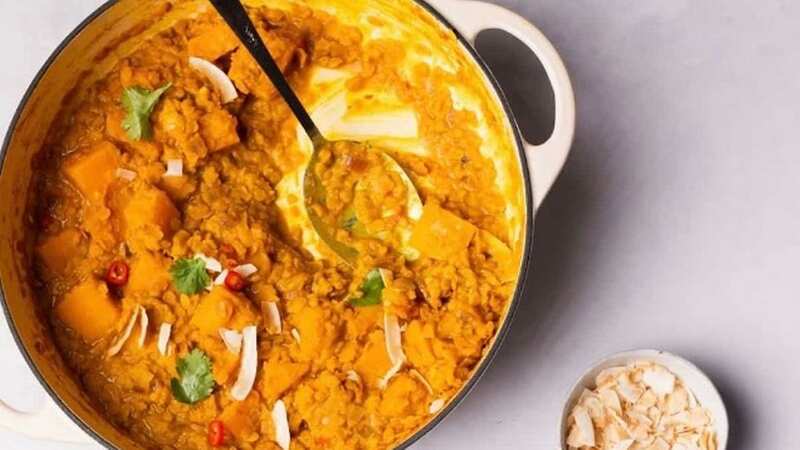
For those who have still stuck to their New Year's Resolution of eating healthily: kudos to you.
If you're using January to shed a few pounds or just feel less stuffed following the mounds of chocolate you consumed over Christmas - you may have already discovered the benefits of anti-inflammatory foods. Experts have long linked them with improved sleep quality, increased energy levels and clearer skin.
Obviously, no food is going to be the perfect panacea, but Dr Bhavini Shah from Lloyds Pharmacy Online Doctor says anti-inflammatory foods can also 'aid your body' in preventing serious health issues. This includes cardiovascular disease, type 2 diabetes, and Alzheimer's disease.
"Unlike many common diets, an anti-inflammatory diet does not dictate the number of calories you must eat, your portion size, or the times you’re allowed to eat," Dr Shah explained. "Instead, the diet focuses on eating healthier foods, high in fibre and antioxidants."
Lloyds Pharmacy Online Doctor spoke to James Wythe, a health coach and cookbook author to see how we can easily incorporate anti-inflammatory foods into our diet. He recommends trying a coconut dhal recipe that only costs £1 per serving. "Turmeric, which this coconut dhal is packed with, contains something called curcumin which has powerful anti-inflammatory and antioxidant effects, making it beneficial for managing conditions linked to chronic inflammation," Whythe added.
 Dr Michael Mosley shares exercise that can cut cholesterol and blood pressure
Dr Michael Mosley shares exercise that can cut cholesterol and blood pressure
Delicious coconut dhal recipe
Ingredients (serves four)
- Red split lentils (180g)
- 1/2 large butternut squash (500g)
- Vegetable stock (400ml)
- 3 garlic cloves (crushed)
- 1 medium red onion
- 1 can of coconut milk
- 1 tbsp olive oil
- 1 tbsp turmeric
- 1/2 tsp cayenne pepper
- 1/2 tsp paprika
- 1/2 tsp ground coriander
- 1/2 fresh red chili
- 1/2 fresh lime (juice)
- A pinch of chili flakes
- Salt and pepper to season
Want big news with big heart? Get the top headlines sent straight to your inbox with our Daily Newsletter
Method
- Peel, de-seed and chop the butternut squash into small cubes, and then peel and dice the red onion. De-seed and finely chop the fresh chili and heat a large pot on medium heat with olive oil.
- Once the oil is hot, add the crushed garlic and red onion and season with salt and pepper. After a few minutes, add all of the spices (including the fresh chili) along with the lime juice. Then, add the butternut squash and fry for around two minutes.
- Pour in the coconut milk, vegetable stock and lentils and mix thoroughly. Bring to a boil then reduce to a simmer for 25 minutes, stirring occasionally.
Et voila! A delicious dhal guaranteed to warm you up on these cold Winter nights. If you're not a fan of butternut squash, you can easily replace it with sweet potato or pumpkin. This dish can also be stored in an airtight container in the freezer for up to six months, great for those days when you just can't be bothered to cook. Make sure the food is thawed out completely before reheating.